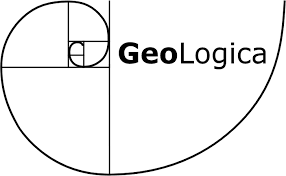
Date: 05 - 09 Dec 2022
Location: Online
Tutor: Professor Richard Swarbrick: Manager, Swarbrick GeoPressure Consultancy
This course covers all aspects of subsurface pressures, with particular emphasis on pre-drill estimates, as well as the conditions for injection and storage of fluids and gas. During five interactive live on-line sessions, Professor Richard Swarbrick will discuss methods for estimating pressures from rock and fluid properties, along with the processes which determine them in the subsurface prior to drilling.
Duration and Logistics
Five 3.5-hour interactive online sessions presented over 5 days (mornings in North America and afternoons in Europe). A digital manual and exercise materials will be distributed to participants before the course. Some reading and exercises are to be completed by participants off-line.
Level and Audience
Intermediate to advanced. Intended for geoscientists and engineers who are involved in drilling into reservoirs for the purpose of injecting, storing and producing fluid. Some knowledge of subsurface geology and the basics of drilling wells would be an advantage.
Objectives
You will learn to:
- Understand how subsurface pressures determine safe injection, storage and production from deep reservoirs.
- Appreciate the processes which govern safe drilling with particular emphasis on pore fluid and fracture pressures.
- Describe how to analyze subsurface pressure data and calibrate to estimate pore pressures from a variety of drilling and logging data.
- Relate regional and local rock stress magnitudes to failure of seals.
- Evaluate how to assess volumes which can be safely sequestered in underground storage.
- Interpret typical pressure profiles in terms of subsurface fluid processes, such as lateral drainage (open aquifers) and lateral transfer (enhanced pressures and a drilling surprise).
- Perform basic pressure prediction calculations and estimate storage volumes.
- Review and critique relevant case study material.
KeyFacts Energy Industry Directory: GeoLogica l KeyFacts Energy news: Training
 KEYFACT Energy
KEYFACT Energy